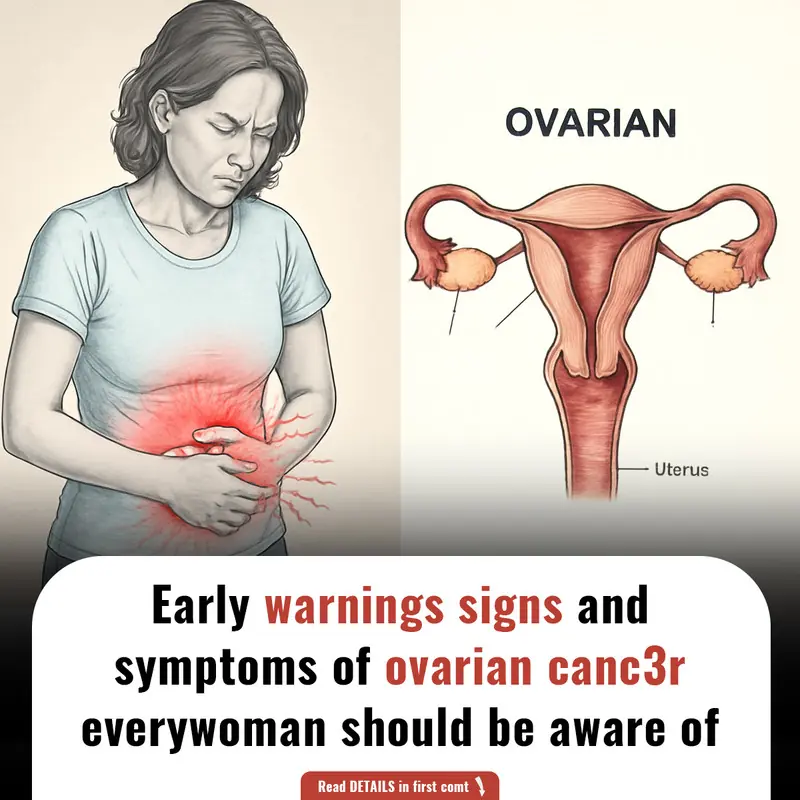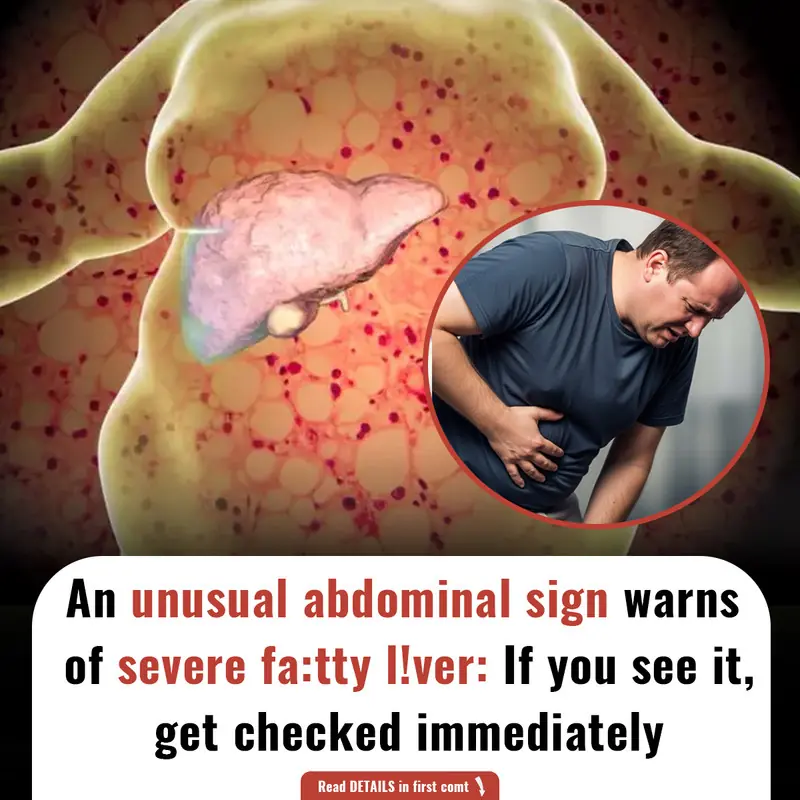When heartburn and bloating isn’t normal: How to k!ll the bacteria causing havoc in your gut

Persistent bloating could be a sign of an imbalance caused by little-known gut bacteria that disrupt digestive health, and understanding this connection may unlock effective treatments.
The Hidden Bacteria Behind Persistent Bloating: Why Your Stomach Discomfort Isn’t ‘Normal’
Bloating is often dismissed as a harmless, everyday inconvenience — something we blame on overeating or stress. But what if persistent bloating is actually a warning sign of an underlying bacterial imbalance in your gut? Recent research suggests that certain obscure bacteria, often overlooked in mainstream medical diagnosis, may be responsible for causing ongoing digestive distress in millions of people worldwide.
Many people experience bloating at some point, but chronic or severe bloating should not be ignored. It can significantly impact quality of life, causing discomfort, pain, and even social embarrassment. While many attribute these symptoms to diet or lifestyle, experts are increasingly pointing to the role of gut microbiota — the vast ecosystem of bacteria living in our intestines — as a key factor.
Understanding the Gut Microbiome and Its Role in Digestive Health
Our gut is home to trillions of microbes, including bacteria, viruses, and fungi, collectively known as the gut microbiome. This community plays a crucial role in digestion, immune system regulation, and even mental health. A balanced microbiome supports proper digestion and nutrient absorption, while imbalances — known as dysbiosis — can lead to a range of symptoms, including bloating, gas, diarrhea, and constipation.
Among these bacteria, certain strains are beneficial, helping break down food and produce vitamins. Others, however, when overgrown or misplaced, may cause inflammation, ferment undigested food excessively, or disrupt gut motility — all contributing to bloating.
The Little-Known Bacteria That Could Be Causing Your Bloating
One group of bacteria gaining attention is the methane-producing archaea, particularly Methanobrevibacter smithii. Unlike typical bacteria, archaea are a distinct domain of microorganisms. M. smithii is involved in consuming hydrogen in the gut and producing methane gas as a byproduct. Methane can slow intestinal transit time, causing constipation and bloating.
Studies have found that patients with chronic bloating and constipation often have higher levels of these methane-producing archaea. Their presence correlates with more severe symptoms, suggesting they play a direct role in disrupting digestive function.
Another culprit may be an overgrowth of Small Intestinal Bacterial Overgrowth (SIBO), a condition where excessive bacteria inhabit the small intestine instead of being confined to the colon. SIBO can cause fermentation of carbohydrates in the small intestine, resulting in excessive gas, bloating, and pain.
Why Is Bloating Often Dismissed as ‘Normal’?
Despite being a common complaint, bloating is frequently underestimated by healthcare professionals and patients alike. The vagueness of symptoms and lack of obvious physical signs can lead to misdiagnosis or under-treatment. Many people accept bloating as an inevitable part of life, unaware it may signal a treatable condition.
Furthermore, the complexity of the gut microbiome means traditional diagnostic tests often fail to identify the root cause. Breath tests for methane and hydrogen gases are available but not always widely used or accessible. As a result, sufferers may cycle through diets and remedies without finding relief.
Emerging Diagnostic and Treatment Approaches
Advancements in microbiome science have paved the way for better diagnostic tools. Breath tests measuring hydrogen and methane levels after sugar intake can help diagnose SIBO or methane dominance.
Treatment strategies often involve targeted antibiotics, such as rifaximin and neomycin, which reduce bacterial overgrowth. However, antibiotic therapy must be carefully managed to avoid disrupting beneficial microbes further.
Probiotics and dietary adjustments also play a role. Low-FODMAP diets, which reduce fermentable carbohydrates, have shown promise in alleviating symptoms by starving problematic bacteria. Specific probiotics may help restore microbial balance, though research is ongoing.
In some cases, a combination of therapies tailored to individual microbiome profiles yields the best outcomes.
Lifestyle Factors That Influence Gut Health
Beyond bacteria, factors like stress, sleep quality, and physical activity influence the gut microbiome and digestive health. Chronic stress, for instance, can alter gut motility and increase inflammation, exacerbating bloating.
Hydration and regular exercise improve intestinal transit, potentially mitigating symptoms. Mindful eating habits — such as chewing thoroughly and avoiding swallowing excess air — can also reduce bloating triggers.
The Future of Gut Health: Personalized Medicine and Microbiome Therapeutics
As science advances, the future promises personalized gut health solutions. By analyzing an individual’s unique microbiome, clinicians may prescribe targeted probiotics, prebiotics, or even bacteriophage therapy to modulate bacterial populations precisely.
Fecal microbiota transplantation (FMT), transferring healthy gut bacteria from donors to patients, is also under investigation for refractory digestive disorders.
The growing understanding of gut-brain connections highlights how improving gut health might also benefit mental well-being, sleep, and immune function — potentially transforming approaches to holistic health.






































